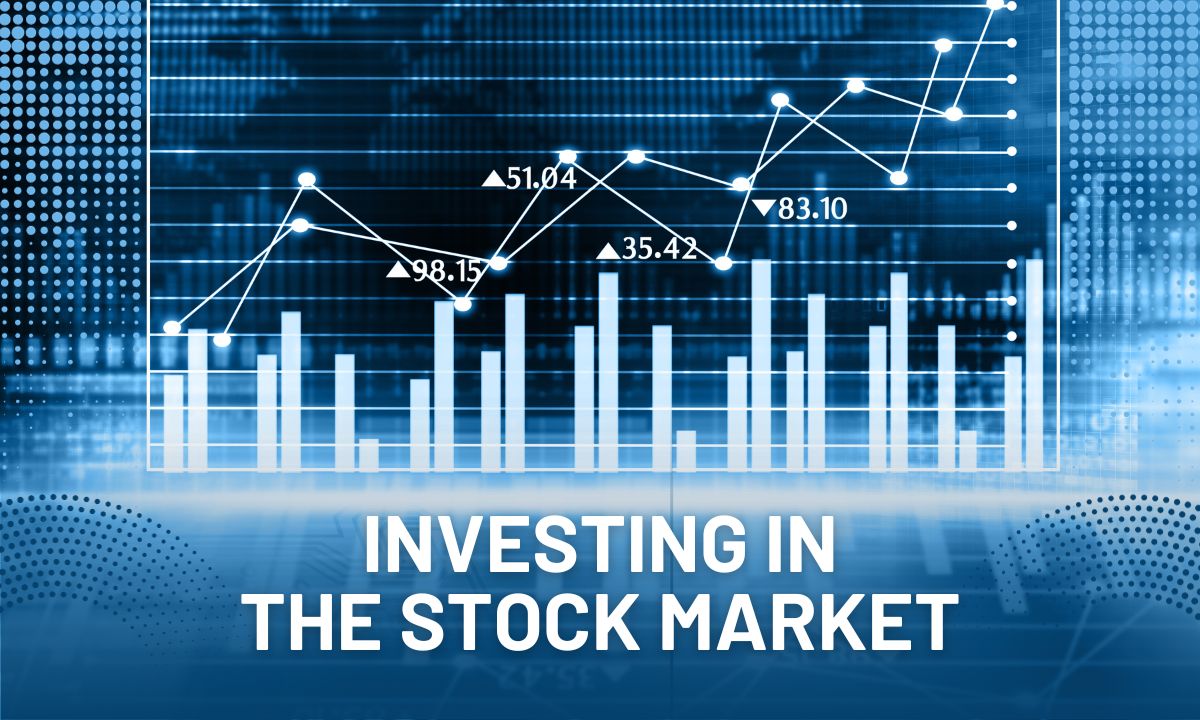In the ever-fluctuating realm of finance, understanding why the share market is up today involves navigating a complex web of interconnected factors. This article aims to demystify the enigma behind market movements, shedding light on the diverse elements influencing stock prices.
Introduction
In a nutshell, the stock market serves as a barometer of economic health, reflecting the collective confidence of investors. But what fuels the market’s upward trajectory on any given day? Let’s delve into the intricacies.
Factors Influencing Share Market
Global Economic Indicators
The interconnectedness of today’s global economy means that events on the other side of the world can send ripples through the markets. Economic indicators such as GDP growth, trade balances, and interest rates play pivotal roles.
Corporate Earnings Reports
Earnings season is akin to a financial report card for companies. Positive reports often lead to increased investor confidence, propelling the market upwards.
Political Events
Political stability or upheaval can significantly impact the market. Elections, policy changes, and geopolitical tensions all contribute to the ebb and flow of stock prices.

Market Sentiment
Investor sentiment, influenced by news, rumors, and general perceptions, can create trends and spur buying or selling frenzies.
Technological Advancements
In our digital age, technological advancements can swiftly impact the market. From algorithmic trading to high-frequency trading, technology plays a pivotal role in market dynamics.
Market Trends and Analysis
Historical Trends
Analyzing past market trends provides valuable insights into potential future movements. Historical data serves as a guide for investors and analysts.
Technical Analysis
Technical analysis involves studying past market data, especially price and volume, to predict future price movements. Traders use charts and patterns to make informed decisions.
Fundamental Analysis
Examining a company’s financial health, including earnings, debts, and overall performance, is fundamental analysis. This helps investors gauge the intrinsic value of a stock.
Market Indices and Their Impact
Indices like the S&P 500 or Dow Jones Industrial Average act as benchmarks, reflecting the overall market health. Movements in these indices often dictate investor sentiment.
Sectoral Performance
…
[Continue developing the article following the outlined structure, providing detailed information under each heading and subheading.]
Conclusion
In conclusion, the share market’s upward journey is a nuanced dance orchestrated by a multitude of factors. Understanding this intricate ballet is crucial for investors seeking to navigate the ever-changing landscape of finance. The market’s buoyancy today may be attributed to a confluence of global economic indicators, corporate performances, and investor sentiments, among other variables.
As we unravel the mysteries behind why the share market is up today, it becomes evident that this is not a simple equation but a complex interplay of economic, political, and technological forces. Investors and enthusiasts alike must approach the market with a keen understanding of these dynamics, recognizing that what goes up today may be influenced by a myriad of factors.
FAQs
- Q: How often does the stock market go up?
- A: The stock market experiences daily fluctuations, and it can go up or down based on various factors. It’s a dynamic environment.
- Q: Are there specific sectors more prone to market fluctuations?
- A: Yes, certain sectors, such as technology or healthcare, can be more volatile due to rapid innovations and regulatory changes.
- Q: Do individual investors influence the market significantly?
- A: While individual investors collectively contribute, institutional investors often have a more substantial impact on market movements.
- Q: Can market rumors significantly affect stock prices?
- A: Yes, market rumors can create short-term volatility, impacting stock prices, but long-term trends are generally influenced by more substantial factors.
- Q: How can investors navigate short-term market speculation?
- A: Diversifying portfolios, staying informed, and having a clear investment strategy can help navigate the uncertainties of short-term market speculation.

